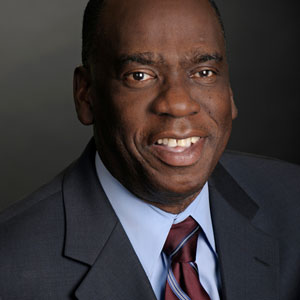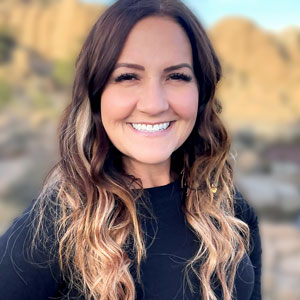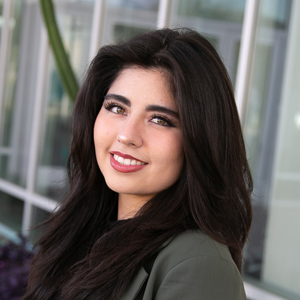Inclusive Excellence at W. P. Carey
At Arizona State University, we measure ourselves by whom we include and how they succeed. Because of that fundamental promise, Inclusive excellence is a core tenet and initiative in the W. P. Carey School of Business strategic plan — our comprehensive roadmap for the future. This page highlights some of our efforts, which will continue to be expanded in the years to come. Welcome! We’re glad you’re here.
Who we are
We are the W. P. Carey School of Business, Where Business is Personal. Each student, each faculty member, and each employee matters, intrinsically, as a human being. We unequivocally state our support for all members of our community, no matter their background. All are welcome at W. P. Carey.
W. P. Carey Indigenous Land Acknowledgement
The W. P. Carey School of Business acknowledges the 22 Tribal Nations that have inhabited this land for centuries. Arizona State University's four campuses are located in the Salt River Valley on ancestral homelands of many Indigenous peoples, including the Akimel O’odham (Pima) and Pee Posh (Maricopa), whose care and keeping of these lands allows us to be here today and provides a guide for our relationship with these lands in the future.
W. P. Carey acknowledges the sovereignty of these tribal nations and seeks to foster an environment of success and possibility for American Indian students, and to work alongside Indigenous people in business practices and knowledges that support Native experiences and prosperity.
Council for Inclusive Excellence
The W. P. Carey Council for Inclusive Excellence is a group of employees from a broad array of units and departments who are committed to fostering an inclusive culture at W. P. Carey. The council meets monthly, and focuses on driving school initiatives to meet faculty, staff, and student needs.
>> Have ideas or feedback for us? Please email our council leaders!
Council leadership
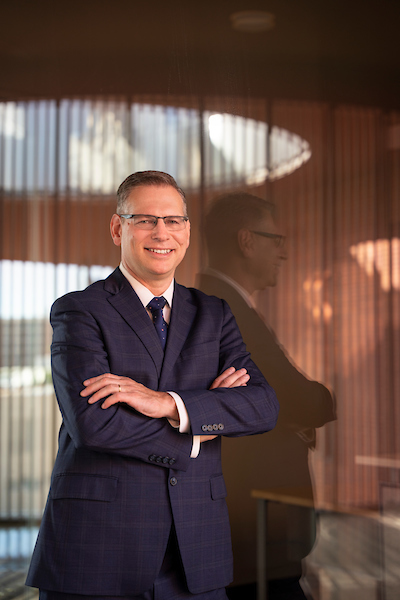
Not only do we want to practice inclusive excellence, but as a school, we also want to contribute to objectives like access and equal opportunity through our teaching and research. Students should graduate from W. P. Carey having felt belonging, no matter their background, and ready to foster inclusivity in their careers.
Ohad Kadan (Charles J. Robel Dean, Professor of Finance and W. P. Carey Distinguished Chair, W. P. Carey Dean's Office)
Council members
Faculty
- Hina Arora (Information Systems)
- Daniel Gruber (Dean's Office/Management and Entrepreneurship)
- Blair Koblenz (Finance)
- Lora Koretz (Management and Entrepreneurship)
- Eldar Maksymov (Accountancy)
- Jose Mendez (Economics)
- Luiz Mesquita (GPO/Management and Entrepreneurship)
- Gopalakrishnan Mohan (Dean's Office/Supply Chain Management)
- Douglas Olsen (Marketing)
- Adegoke Oke (Supply Chain Management)
- Amy Ostrom (Dean's Office/Marketing)
- Michele Pfund (Dean's Office/Undergraduate Programs Office)
- Stanley Vitikas (Supply Chain)
Staff
- Alysha Binion (Graduate Programs Office)
- Olivia Del Viscio (W. P. Carey Career Services Center)
- Rachel Dieter (W. P. Carey Career Services Center)
- Sharon Ducati (W. P. Carey Career Services Center)
- Nyomi Gruber (Human Resources)
- Stacey Lippert (Graduate Programs Office)
- Karla Pace (Marketing and Communications)
- Karen Stark (Undergraduate Programs Office)
- John Thompson (Undergraduate Programs Office)
Student Council for Inclusive Excellence Executive Board
- Jia Sin Dawn Lim, executive assistant (BS Economics '28)
- Hadijah Nakazibwe, vice president of international student relations (MS Entrepreneurship and Innovation '25)
- Michelle Macias, vice president of graduate relations
(MS Entrepreneurship and Innovation '25) - Jonathyn Osuna, vice president (Business Law)
- Anna Guerrero, vice president of events (BA Business '26)
- Reya Adoni, vice president of undergraduate relations
(BS Economics '25) - Hsin Yu Lin (Cynthia), vice president of professional development (BS supply chain management)
- Riley Snow, marketing director (BS Marketing '25)
Data
Explore current W. P. Carey data and demographics, from the 2022-2023 school year.
Student demographics
37.3%
Underrepresented/minority
11.7%
International
46.7%
White
4.5%
Unspecified
Identified sex
44.4%
Female
55.6%
Male
First generation
25.6%
First generation
63.3%
Non-first generation
11.1%
Unidentified
Veteran status
145
Veteran or active duty
What we are doing
From dedicated career resources for multicultural communities to impactful research — we realize that inclusive excellence is not something you say, but something you do.
Featured news and stories
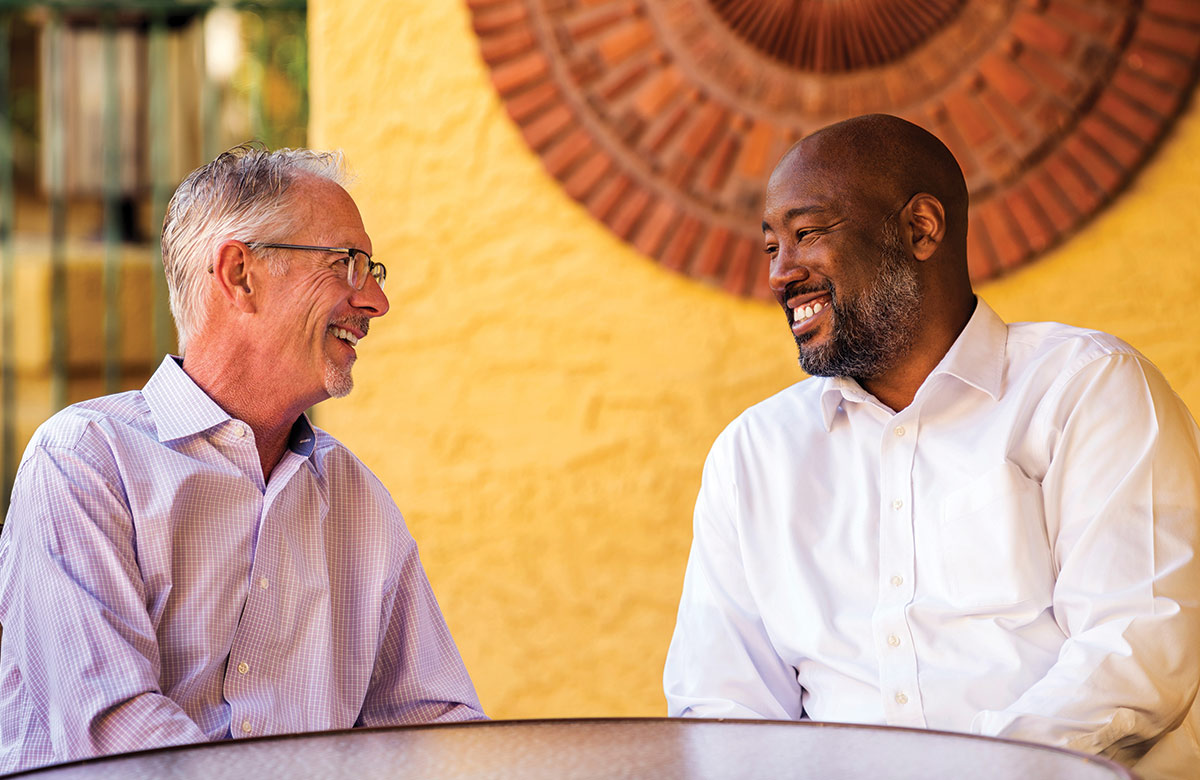
Reducing the workplace gender gap
New research explores the role of telework in reducing gender inequality and unemployment rates.
Inclusion at W. P. Carey
Three ASU Full-time MBA students share their perspectives.
The color of money
New course explores outcomes of financial discrimination.
Voyager Scholarship for Public Service
W. P. Carey student Jessica Lopez is an advocate for people with disabilities.
Creating a forum for all voices
W. P. Carey partners with ASU’s Center for the Study of Race and Democracy.
Discovering the Carey Code
Jamelyn Ebelacker knew W. P. Carey was right for her when she discovered the Carey Code.
Building community on campus
Alumna Shaandiin Parrish relaunched the Native American Business Organization.
Business readiness for vets
New AZNext program seeks to prepare veterans for business careers.
Women in supply chain
The best supply chains embrace diversity of thought, so good ideas are heard and implemented.
Loui Olivas Chair in Management
New chair is the first named after a Latino professor at a top-ranked U.S. business school.
HBCU & HSI National Competition
Student leaders from across the globe collaborate on a supply chain management challenge.
Career resources
The W. P. Carey Career Services Center maintains specific resource pages for several multicultural communities. We encourage students to explore their options, and reach out to a career coach to learn more:
How to get involved
No matter where you come from, W. P. Carey is excited to support you on the road to what’s next. Together, we are transforming the world through access, excellence, and innovation in business knowledge.
Events
Resources
Creating a welcoming, inclusive environment is at the heart of what we do at the W. P. Carey School of Business and ASU. Here you’ll find resources and groups for current students and employees.
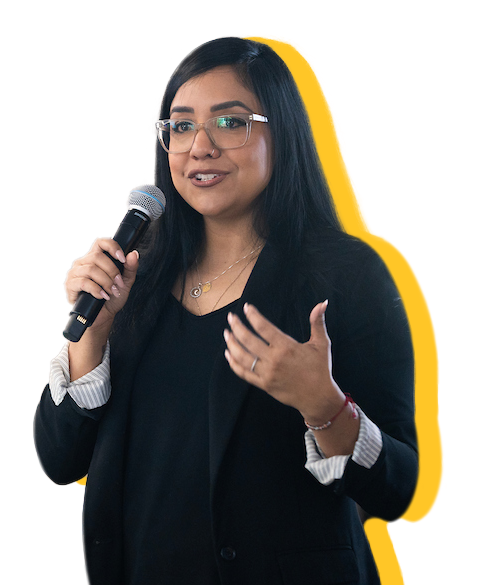
Current students
For undergraduate students, there are 35+ clubs and organizations at W. P. Carey, including resource groups for students from a variety of backgrounds. W. P. Carey graduate students can find community through a number of organizations, including special interest groups.
For international students International Student Engagement supports, advocates, and designs experiences from admission to graduation and beyond. ISE offers personal and professional development outside of class, including global celebrations and opportunities to build your community and leadership skills.
For student veterans, the Pat Tillman Veterans Center is ASU’s military-affiliated student headquarters for support and connection. The center assists active-duty, veteran, and veteran-dependent students with their military education benefits — and offers programs, events, and a place where student veterans can connect with and support each other. Explore W. P. Carey stories featuring student and alumni veterans.
Student Accessibility and Inclusive Learning Services (SAILS) is the central campus resource for students with disabilities. SAILS works to create a culture of access and inclusion by collaborating with faculty and campus partners, as well as using universal design principles.
Explore even more resources and groups across Arizona State University:
- Resources for students with families
- Out @ ASU
- ASU Council of Coalitions
- Vision: Ensure ASU is a welcoming, inclusive and supportive community that respects and honors all cultures and identities.
- ASU LIFT Initiative
- Inclusive Communities for Sun Devils course
Employees
The African and African American Faculty and Staff Association (AAFSA) welcomes faculty, staff, students, and administrators of all backgrounds. AAFSA believes that the advancement of Black and African descended people in their professional and academic development is essential to the greater good of Arizona and the United States.
The Commission on the Status of Women (CSW) supports success through education and empowerment. CSW identifies and advocates for needed changes in the university environment, in order to enhance opportunities for women and underrepresented groups.
The Committee for Campus Inclusion fosters an inclusive and supportive community that welcomes, respects, and honors the rich diversity of ASU and those we serve.
The Chicano/Latino Faculty and Staff Association (CLFSA) was founded in 1970, and has maintained a strong presence at ASU in the years since. They seek to be a leader in addressing issues that are important to the Latino community.
If you need to report discrimination or harassment, please visit the ASU Office of University Rights and Responsibilities.
